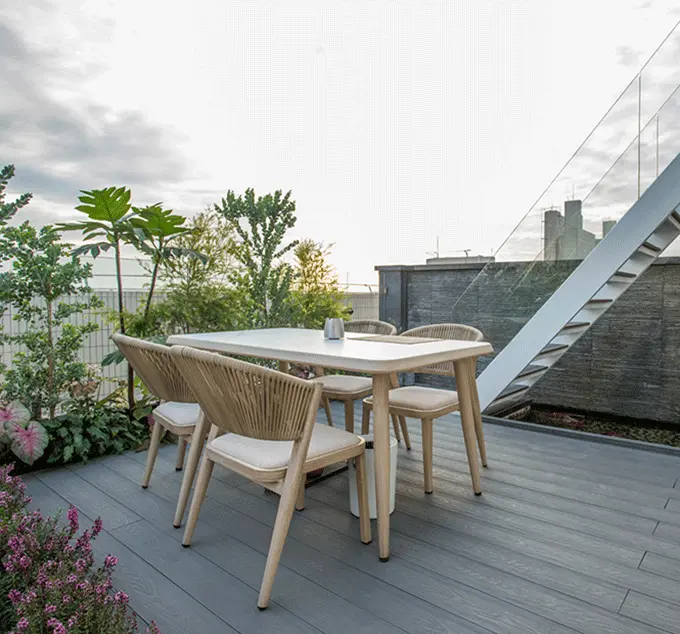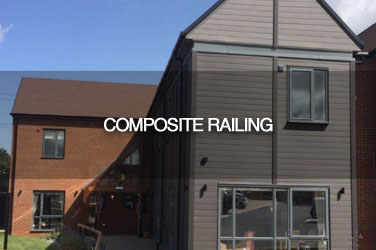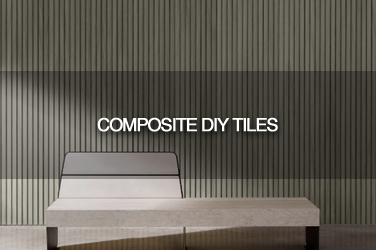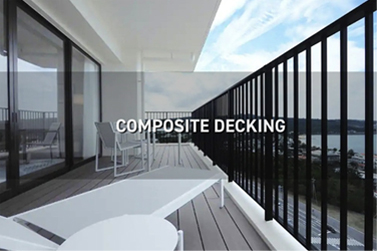Within the realm of fencing solutions, Wholesale WPC Fencing emerges not only as a practical choice for defining perimeters but also as a sustainable one deeply rooted in eco-friendly practices. This chapter delves into the eco-friendly aspects of WPC fencing, shedding light on how it contributes to sustainable outdoor living.
The Green Composition of WPC Materials
At the core of the eco-friendly narrative surrounding Wholesale WPC Fencing is the composition of its materials. The amalgamation of wood fibers sourced from responsibly managed forests with recycled plastics not only reduces the demand for virgin materials but also repurposes plastic waste that might otherwise end up in landfills. This green composition sets the stage for a fencing solution that aligns with environmentally conscious practices, contributing to a more sustainable outdoor environment.
Reduced Carbon Footprint in Manufacturing
Beyond its composition, the manufacturing process of Wholesale WPC Fencing plays a significant role in its eco-friendly profile. Compared to traditional fencing materials like concrete or metal, the production of WPC materials generally results in a lower carbon footprint. The energy-efficient manufacturing processes coupled with the use of recycled materials showcase WPC fencing as a sustainable alternative for those seeking to minimize the environmental impact of their projects.
Durability Minimizing the Need for Replacement
Sustainability in Wholesale WPC Fencing extends to its lifespan and durability. The inherent resistance of WPC materials to decay, insects, and weather-related wear and tear ensures that the fencing retains its integrity over an extended period. This longevity not only makes WPC fencing a durable and reliable choice for defining perimeters but also reduces the frequency of replacements. Minimizing the need for replacements contributes to sustainable practices by decreasing the consumption of additional materials and energy associated with manufacturing and installation.
End-of-Life Recyclability Closing the Loop
As an eco-friendly fencing solution, Wholesale WPC Fencing goes beyond its use phase. The recyclability of WPC materials means that when the time comes for fence replacement or renovation, the materials can be repurposed rather than discarded. This end-of-life recyclability ensures that the environmental impact of WPC Fencing is minimized, closing the sustainability loop and aligning with the principles of a circular economy.
The green composition of WPC materials, the reduced carbon footprint in manufacturing, durability minimizing the need for replacement, and end-of-life recyclability collectively position WPC Fencing as a sustainable choice. As outdoor projects increasingly prioritize eco-friendly practices, Wholesale WPC Fencing stands as a symbol of how defining perimeters can be both practical and environmentally responsible.







